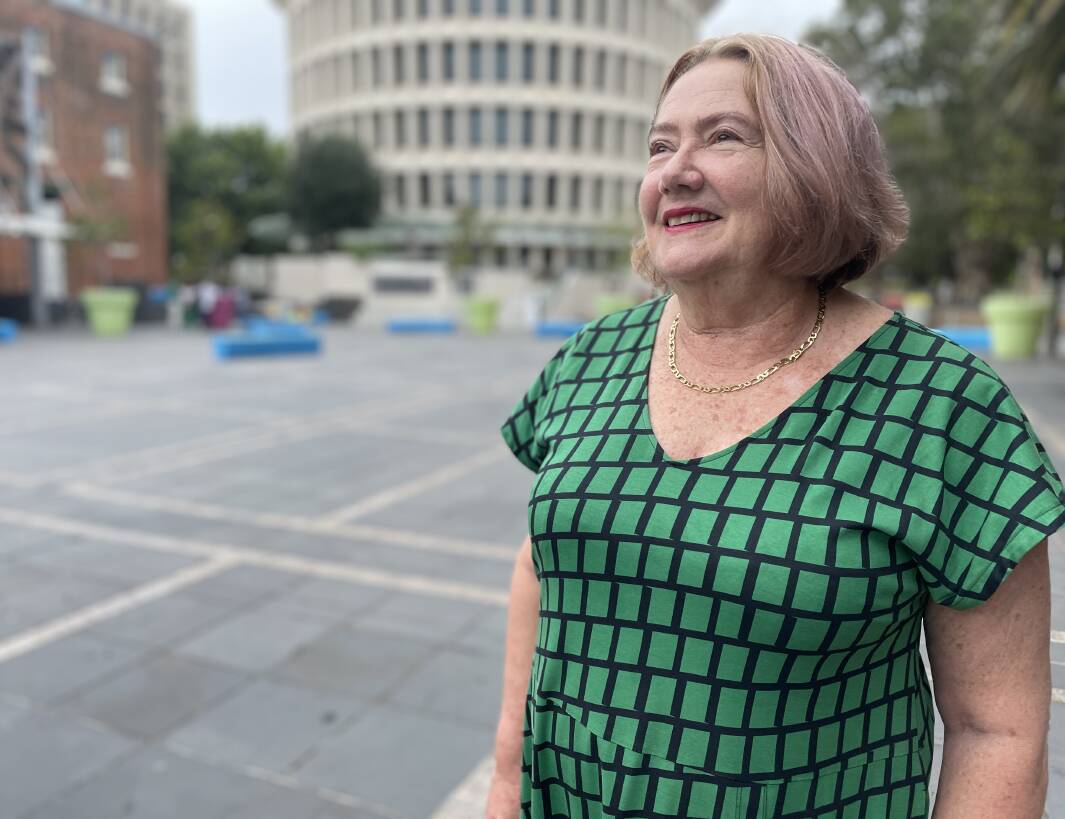
The chair of the state's liquor regulator says Newcastle's lockout laws were scrapped this year because the city has "matured" and high alcohol crime is confined to a handful of venues.
The Independent Liquor and Gaming Authority held a board meeting in Newcastle on Wednesday and will meet Hunter liquor industry and community members on Thursday.
The authority's visit comes nine months after it ended the "Newcastle Solution" lockout restrictions, which started in 2008 in response to high alcohol violence rates.
Chairperson Caroline Lamb said ILGA was focused on achieving a thriving night-time economy while preserving the safety and amenity of the community.
"At the end of the day people are entitled to go out and have fun any way they see fit. That's the starting point," she said.
"The problem in Newcastle was that there was a lot of alcohol-related, particularly violent, crime, and that's obviously a concern to everybody in the community.
"So the question is how do you balance those things?
"My view is that, obviously, Newcastle as a community has matured over the years, as we all do as individuals, and that's a great thing to see."
Ms Lamb said community feedback pointed to a need for diverse venues.
"I'm also very conscious that in Newcastle there is probably a scarcity of venues that offer people the opportunity to go out and have a good time without getting smashed out of their minds, if I can put it like that.
"And I'm hearing from the community they want that diversity, and that chimes very well with the NSW government's plans to revitalise the economy, the night-time economy in particular."
Rising assaults
ILGA ended the universal lockout provisions and alcohol restrictions across the CBD and Hamilton despite rising assaults during a 2022 trial of relaxed licensing conditions in the city.
A report on the trial period found the number of on-premises assaults and incidents of affray rose 65 per cent at participating pubs and clubs, but it attributed the bulk of these to a handful of larger venues.
"The problem with data is it's not very specific and alcohol-related violence rates can look very high, even though they are confined to particular venues," Ms Lamb said.
"And what we did see was that, whilst if you look at it in a gross sense, alcohol-related violence rates seem to be fairly stable and high, we also saw that those incidents tended to be concentrated in a few venues.
"So the message we got from that really is that we have to be focused on some of those venues to make sure that we are being effective in getting those rates down."
ILGA approved the expansion of King Street Hotel in 2021 despite a police submission which argued the larger venue would have a "significant impact" on crime.
The submission said the hotel had been on the "declared premises" list almost every year from 2010 to 2019 with between 12 and 22 violent assaults a year.
Ms Lamb said she could not talk about specific venues but ILGA "understand why there are differences of opinion about some of the issues that we face and some of the decisions that are made".
"That's one of the reasons we're here so that we can hear firsthand from people who have quite strong views on some of those decisions."
The latest NSW Bureau of Crime Statistics and Research data shows alcohol-related crime in the Newcastle, Newcastle West and Hamilton postcodes in the year to June 2023 was at its highest point since 2019.
The three postcodes recorded 208 incidents of alcohol-related violence in the year, up from 176 in 2021-22 but below the pre-COVID level of 253 in 2018-19 and less than half the 476 incidents in 2007-2008.
Newcastle and Hamilton recorded per capita alcohol-related violence at eight times and six times the state average respectively in 2022-23.
Ms Lamb said ILGA was "very alive to the associated risks" and "very willing" to impose conditions on venues connected with significant alcohol-related harm.
"We're also very committed to ensuring the survival of small businesses in Newcastle," she said.
"The community has been through a tough time, first with COVID, lockout laws, and now with people closing their wallets because of the economic conditions.
"We need to be conscious of that in the decisions we make.
"It's not our place, and neither do we want to, be in the business of closing down small businesses in Newcastle.
"Far from it. We want to actually promote them."
Apartment boom
Ms Lamb said ILGA was aware of tensions between licensed venues and the growing number of people living in inner-city apartments in Newcastle.
"We certainly see the consequences of the interaction between licensed venues and particularly alcohol-related crime and noise and how that affects people who live in this area," she said.
"One of the realisations that I think we're all coming to is if you buy an apartment above a pub, you can expect noise on Friday and Saturday nights.
"I mean, that's just a fact of life, but, of course, it goes much broader than that.
"And the question is, once again, how do you balance the needs of different segments of the community in an environment which has been challenged by alcohol-related crime in the past and continues to be."
The ILGA board will meet with representatives of the Australian Hotels Association, ClubsNSW, Newcastle Liquor Accord, GambleAware and inner-city residents on Thursday.
Asked if the alcohol industry had disproportionate influence and access to decision-makers, Ms Lamb said: "It's not really a matter for me to comment on. They're stakeholders. They represent clubs and pubs in NSW. It would be inappropriate for us not to meet with them."







